Understanding Maceration in Perfumery
Diving into the World of Perfume Maceration
In the intricate art of perfumery, maceration stands as a pivotal process that transforms fragile blends into well-rounded fragrances. This journey to each perfume’s perfect scent is essential for developing the full potential of scent profiles. In perfume making, maceration typically involves submerging a concoction of ingredients, such as musk, fragrance oils, and essential oils, in a base of alcohol. This allows the diverse volatile compounds to interact over time, fusing harmoniously into a singular scent profile.
The journey of perfumery has been greatly influenced by historical methods of maceration, dating back years ago to when perfumes were first crafted. The adsorption of oils into the perfume base, often alcohol-based, is key to the fragrance’s depth and complexity. This means that when we macerate perfume, time becomes a silent but crucial ally, helping transform the raw blend of ingredients into a masterpiece.
The concept of letting a bottle of perfume sit in a cool, dark place for extended maceration times can be a daunting thought for modern perfumers. However, just as a fine wine mellows and improves over months, a macerated fragrance similarly develops its own character during this waiting period.
The contemporary perfume industry acknowledges the value of this procedure, with a growing number of niche perfumes embracing and celebrating the art and science of maceration. Yet to the impatient fragrance lover, the concept of waiting for the aroma to truly reach its zenith might seem like an exercise in patience.
This classic technique, the length of which can vary significantly, continues to distinguish the best scents in the market, giving them a subtle, complex edge that speaks to the careful crafting behind the brands.
Whether you are a novice delving into your own perfume creation or a seasoned aficionado, understanding maceration allows for a deeper appreciation of what truly makes a fragrance sing. Join the conversation on Facebook and Twitter to share your thoughts on how macerating perfume transforms a concoction into a fragrant marvel.
The Science Behind Scent Development
Unraveling the Chemistry of Fragrance
Understanding the interplay of ingredients within a macerated perfume is akin to diving deep into a realm where art meets science. In this delicate process, the alcohol-based medium acts as a solvent, accommodating fragrance oils in an intricate dance of molecules. As time progresses, the volatile compounds within perfumes undergo a profound transformation, revealing nuances that extend far beyond the initial scent.
The maceration process allows the full potential of each element—whether it be musk, essential oils, or other oils alcohol—to be fully realized. This elaborate blending creates a scent profile that reflects years of meticulous craftsmanship. Research indicates that alcohol remains a crucial vehicle in transporting these fragrance molecules to ensure olfactory longevity.
Notably, the art of perfume maceration reflects a dedication to the finest ingredients and precise maceration times. The focus on chemistry enables the bottle perfume to transform, developing complexity and depth, like fine wine aged months, sometimes even years ago. This elevates the fragrance from a simple concoction into a masterpiece of sensory experience.
Discover how layered fragrance blending techniques play into this intricate development.
The role of each component, accelerated or slowed by various environmental factors, is crucial not only to niche perfumes but also to expanding the horizons of the bespoke perfume industry. Consumers adore the enriched smells, craving that unique scent profile brought to life by the art science behind them. Thus, the marriage between chemistry and creativity generates perfumes that are not just worn, but truly experienced.
Crafting a Masterpiece: The Role of Time
Embracing the Journey: Time's Influence on Perfumery
Creating a macerated perfume masterpiece is akin to painting an intricate mural. Every brush stroke, or in this case, drop of fragrance oil, contributes to the final picture—but it is time that truly unlocks its full potential. The maceration process depends heavily on time, letting each component in the perfume interact, settle, and intensify within the blend.
The magic of maceration lies in how time impacts the marriage of ingredients. Traditionally, alcohol-based perfumes, once blended, are left in a cool, dark environment where they slowly macerate. This period can last from a few months to even years, allowing the volatile compounds to dance and mingle. This prolonged interaction sees individual scent profiles transform, creating a harmonious symphony of smells that make macerated perfumes unique.
By allowing the oils and alcohol their due time to consolidate, a perfume develops richness and depth, enhancing its musk or any delicate notes included in the formulation. With time, a perfume can evolve from a simple blend into an intricate masterpiece, where the balance of fragrance oils and essential oils reveals layers that might have not been as pronounced months ago.
The journey of maceration is delicate and requires patience. Experienced perfumers understand that rushing this process can compromise the complexity and allure of the final product. Thus, perfumes that undergo careful macerating are often celebrated in the niche market for their sophisticated and well-rounded scent profiles.
Finding the best bottle perfume to accompany a long maceration period is crucial to preserving the integrity of the scent. For insights into selecting the perfect bottle, you may want to consider reading about
choosing the perfect perfume spray bottle. The article offers valuable information about bottle choices that can influence the preservation and gradual evolution of macerated perfumes.
In essence, maceration allows perfumes to emerge with a refined richness, granting the scent developer a reward that echoes the art and science of patient creativity.
Challenges in Creating Macerated Perfumes
Overcoming the Complexities of Crafting Long-Lasting Fragrances
Creating macerated perfumes is not without its challenges. While the promise of deepened scent profiles and enhanced longevity is alluring, the maceration process involves navigating several hurdles. One major issue is finding the ideal blend of ingredients, as not every scent ingredient responds equally well to macerating over time. The volatile compounds present in fragrance oils and essential oils interact differently with their alcohol or oils alcohol base, creating unique complexities in each maceration.
Moreover, alcohol-based perfumes are particularly susceptible to fluctuating conditions. The process demands precision in maintaining a cool, dark environment as temperature and light can greatly influence the maceration's outcome. This meticulous environment guards the scent’s authenticity and ensures that the perfume’s full potential is preserved over the course of months, or even years.
Another aspect to consider is the time commitment involved. While some perfumes reach their peak performance after a few months, others may require extended periods, making it a test of patience for the perfumer. It challenges the art of timing and a deep understanding of how each ingredient behaves and evolves. This period of waiting allows the bottle to develop its scent to the fullest degree, highlighting the art and science behind the process.
For niche perfumes especially, where uniqueness is often a selling point, the maceration process presents an opportunity to showcase rare ingredients like musk. However, it also requires a close eye and consistent monitoring to ensure that what emerges from the bottle is the best version of itself. Understanding these nuances is crucial for perfumers aiming to craft truly exceptional macerated fragrances that stand out in the market.
In conclusion, while the journey of creating macerated perfumes is fraught with challenges, those who succeed in mastering the intricacies of this craft can deliver remarkable and alluring fragrances that captivate the senses.
Sensory Experience: How Maceration Affects Fragrance
The Lasting Impression: How Maceration Transforms Fragrance Experience
The maceration process, a time-honored technique in perfume-making, doesn't just alter the technical aspects of a fragrance—it's instrumental in crafting a profound sensory experience. When perfumes undergo maceration, a complex transformation occurs, profoundly affecting the scent profile.
The natural volatility of essential oils and fragrance oils adjusts during macerating, allowing for a more balanced blend. The ingredients like musk, when steeped in alcohol, embark on a harmonious journey. Over time, typically months or even years ago, the various oils settle into a bottle, their volatile compounds fused seamlessly. This gradual integration ensures that when you wear a macerated perfume, the full potential of its intricate notes is unveiled.
Interestingly, the extended maceration times, often set in a cool dark place, allow for more than just the intensification of the scent. The process unlocks a depth and richness, turning what starts as raw ingredients into luxurious niche perfumes that captivate the senses.
As a fragrance enthusiast, experiencing a macerated perfume is akin to witnessing the art and science of perfumery blossom over months. Each spray from a well-macerated bottle perfume is not just a burst of aroma but a testament to the patience and craftsmanship it embodies, offering an unparalleled olfactory journey that sets it apart in the market.
In this realm, maceration allows perfumes the time they need to ripen and reveal their best selves, ensuring that each note is smooth, rounded, and true to its intended essence. It's a timeless process that continues to thrive, proving its worth in an industry always in search of excellence.
Macerated Perfumes in the Market
The Landscape of Macerated Perfumes Available Today
The fragrance market is seeing a captivating wave of macerated perfumes offering rich, matured scent profiles. Maceration, a distinguished process within perfumery, is now being recognized for its ability to reveal the full potential of fragrance oils, resulting in perfumes that seasoned aficionados and newcomers alike treasure.
As interest in niche perfumes grows, consumers are drawn to these complex olfactory experiences. Macerated fragrances provide a depth that evolves over time, creating a truly enchanting sensory journey. The maceration process allows for volatile compounds within ingredients like musk, essential oils, and alcohol to blend harmoniously, producing scents that are both robust and alluring.
In today's marketplace, you'll find a variety of macerated perfumes catering to diverse preferences. From those elaborately crafted with rare and exotic ingredients to others embracing classic, time-tested blends, these fragrances offer a unique sensorial experience.
Retailers have also embraced macerated perfumes, with many proudly announcing the availability of these distinctive fragrances through cool dark storage ensuring they reach you at their best. Some retailers even offer incentives such as free shipping to make these luxurious scents more accessible.
For those who have encountered the scent of a macerated perfume only months ago or remember fragrances from years ago, the art and science behind scent development reveal how such meticulous attention to detail ensures a beautifully matured aroma in every bottle.
The next time you indulge your senses with a macerated perfume, appreciate the intricate maceration process that contributes to a well-rounded and lasting fragrance experience.
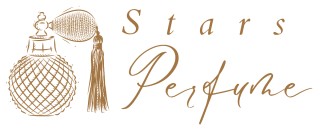
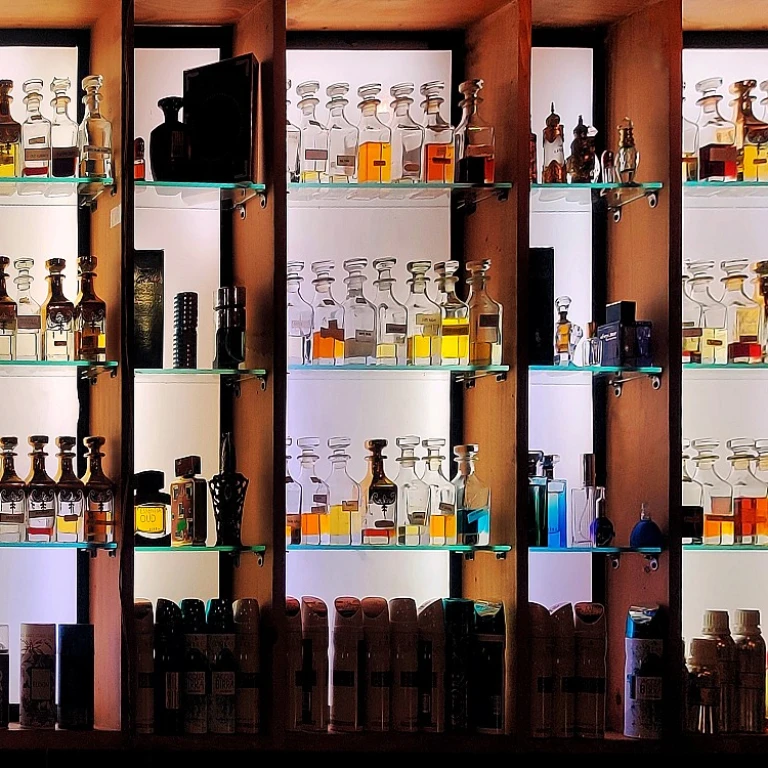
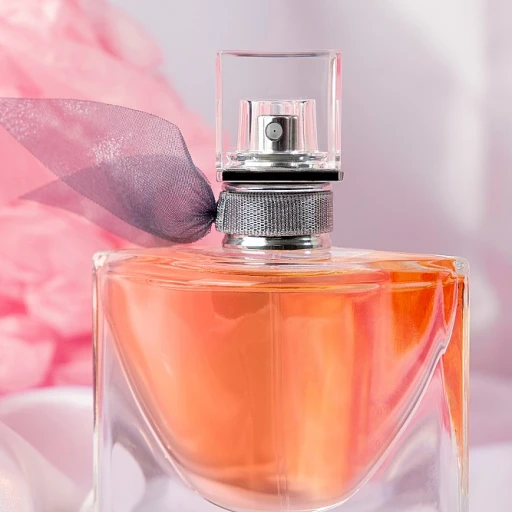
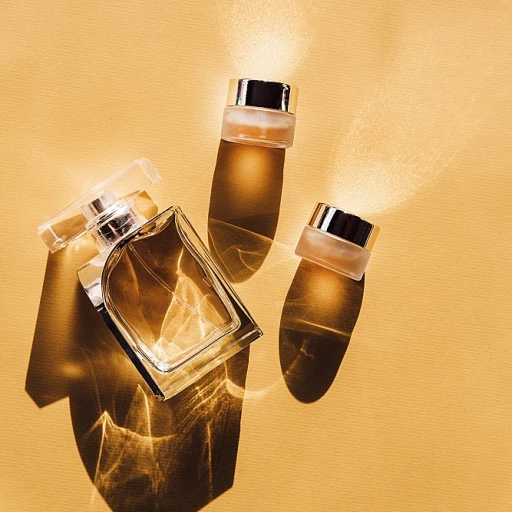
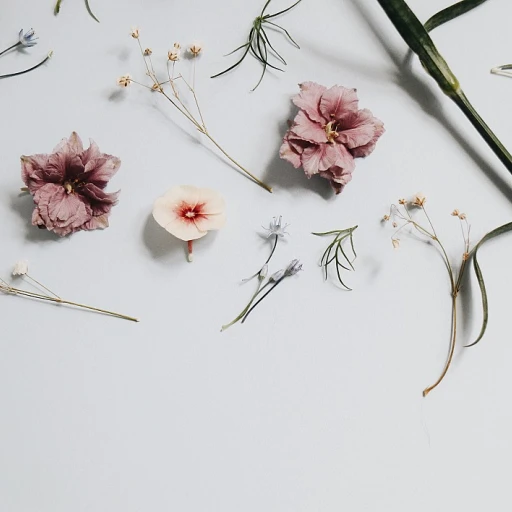
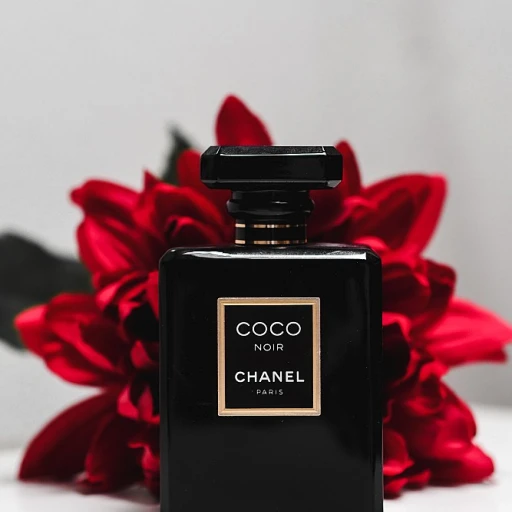
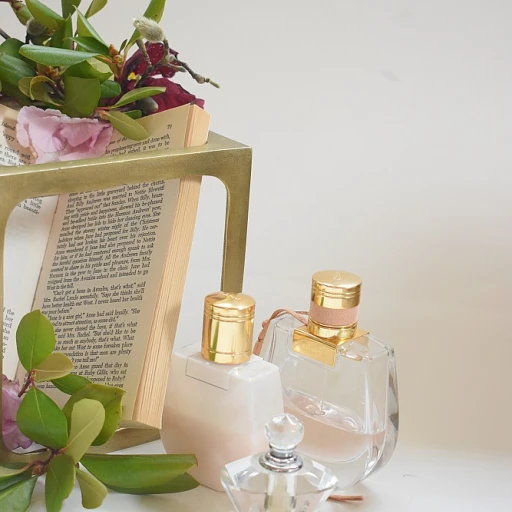
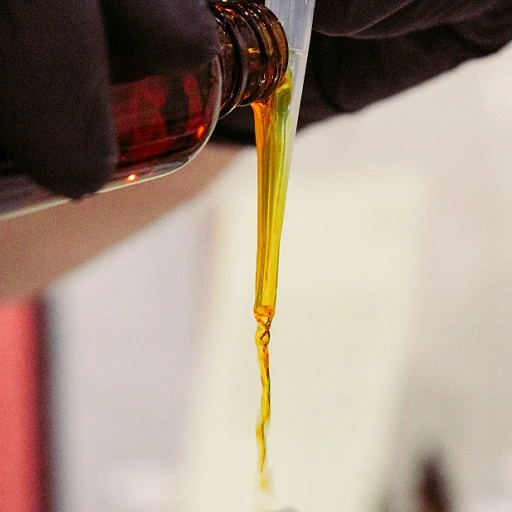
-large-teaser.webp)